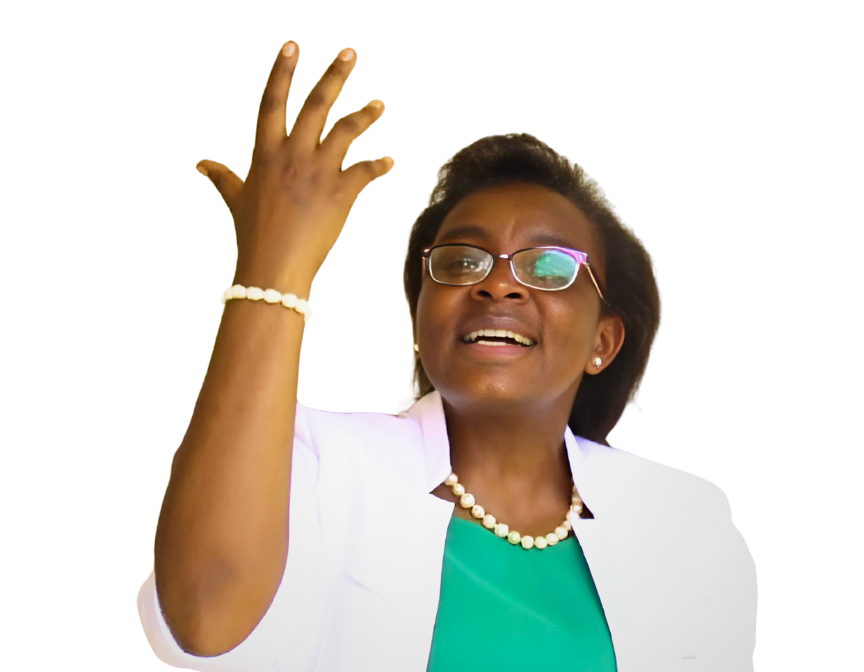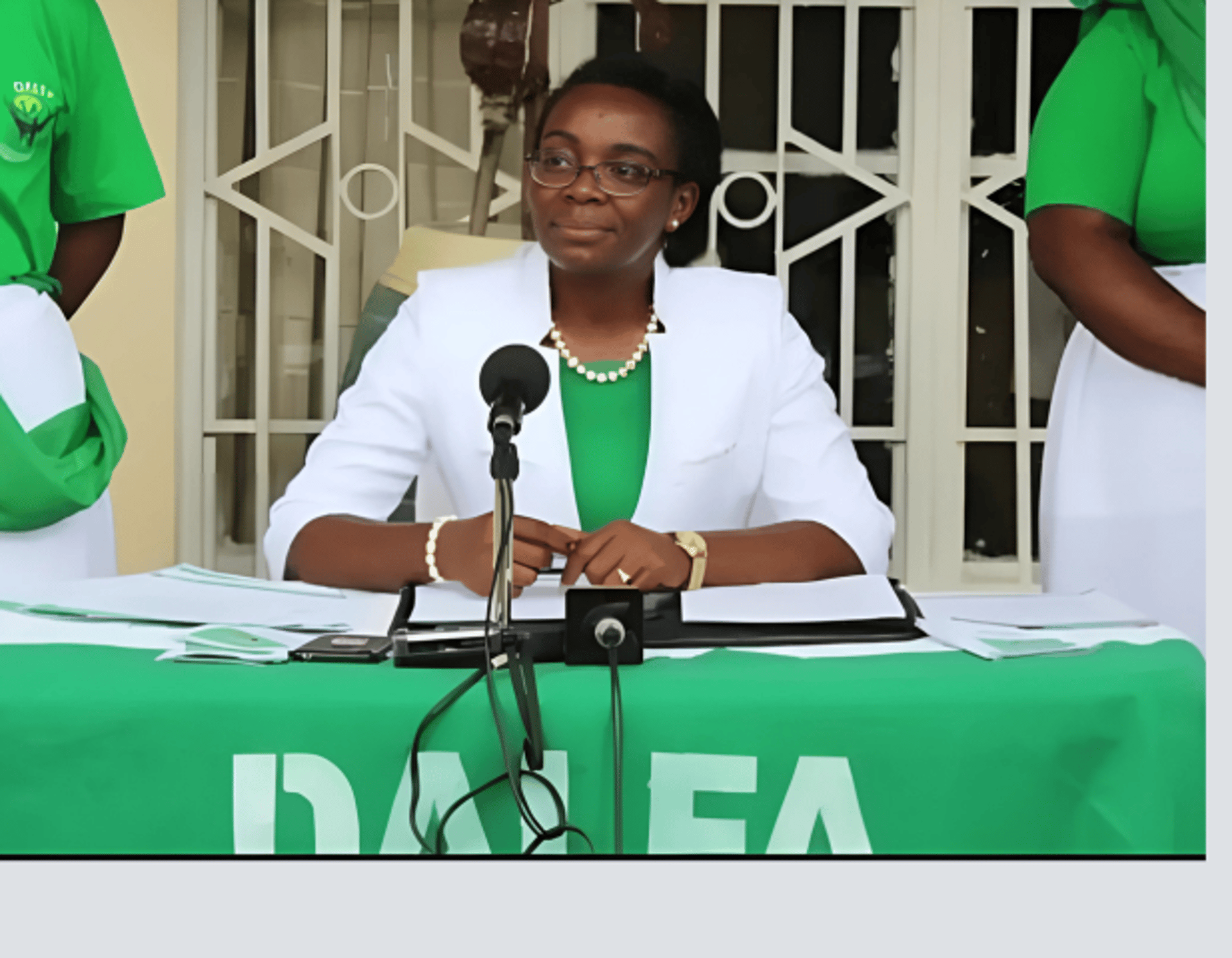Advocating for Democracy and Human Rights in Rwanda: The Rwanda We Want
4/9/20253 min read


In every generation, a question must be asked—not by the privileged, but by the people: What kind of country do we want to become? For Rwandans today, this question is more urgent than ever. Rwanda has made notable progress in areas such as infrastructure, gender representation, and digital transformation, yet one of its most vital pillars remains fragile: democracy and human rights.
The Rwanda we want is not one of silence, fear, or uniformity. It is one where citizens speak freely, disagree respectfully, participate actively, and shape their destiny boldly. Democracy is not a luxury—it is a necessity. And human rights are not a favor—they are a foundation.
Where We Stand Today
More than two decades after the genocide, Rwanda has experienced rapid development and relative stability. These achievements should be celebrated. However, stability that suppresses dissent, and development that excludes voices, is not sustainable.
In today's Rwanda, political pluralism is constrained. Civil society operates under tight control. Opposition parties struggle for legal recognition. Critical media voices have been silenced or driven into exile. As citizens, we must ask: Are we building a nation that listens—or a state that only commands?
The late South African leader Nelson Mandela once said, “A nation should not be judged by how it treats its highest citizens, but its lowest ones.” In the same spirit, we must evaluate our democracy by how we treat political opponents, journalists, students, farmers, and rural women—not just elites in power.
Why Democracy and Human Rights Matter
Democracy is not just about elections. It’s about participation. It’s about enabling every Rwandan—from Nyabugogo to Musanze, from the university graduate to the market vendor—to have a say in how they are governed. Human rights are not Western concepts. They are universal values. The right to speak, to organize, to protest peacefully, to live without fear of arbitrary arrest—these are rights that belong to every citizen, no matter their ethnicity, origin, gender, or belief.
A nation that listens to its people grows in strength. A government that allows criticism reforms and improves. A society that welcomes diversity becomes more resilient. Rwanda deserves that kind of nationhood.
The Role of Political Opposition
In Rwanda, political opposition is often misunderstood as a threat. But in truth, a healthy democracy needs opposition. Opposition challenges complacency. It keeps power in check. It offers alternative ideas. Opposition is not the enemy of the state—it is the ally of the people.
The struggle to register parties like DALFA-Umurinzi, led by Victoire Ingabire Umuhoza, highlights the imbalance in Rwanda’s political space. Her return to Rwanda in 2010 was an act of courage, not confrontation. Her imprisonment and continued political exclusion are not just personal injustices—they are national setbacks. We must remember: democracy without choice is dictatorship by another name.
The Rwanda We Want
The Rwanda we want is not perfect, but it is open. It is a Rwanda where:
Freedom of expression is not punished but protected
Political parties compete on ideas, not fear
Elections reflect the will of the people, not just those in power
Citizens engage in dialogue, not just directives
Peace is sustained by justice, not just security forces
This Rwanda is not a fantasy. It is a possibility—if we are willing to advocate for it.
What Can We Do?
Change does not start with institutions—it starts with people. You. Me. Us. If we want a more democratic Rwanda, we must:
Speak up for those who are silenced
Support civil society, activists, and independent thinkers
Educate the youth about civic responsibility
Engage in peaceful political participation
Donate, volunteer, and vote for parties that promote human dignity
Above all, we must reject the lie that Rwandans are not ready for democracy. We are more than ready. We are overdue.
Conclusion: A Call to Conscience
Rwanda is at a crossroads. We can choose to remain in a controlled system where fear shapes silence—or we can walk toward a society where truth, accountability, and liberty become the new foundation.
As we advocate for democracy and human rights, we must remember: we are not opposing Rwanda. We are building it. The Rwanda we want is within reach—if we dare to believe, to act, and to stand.
